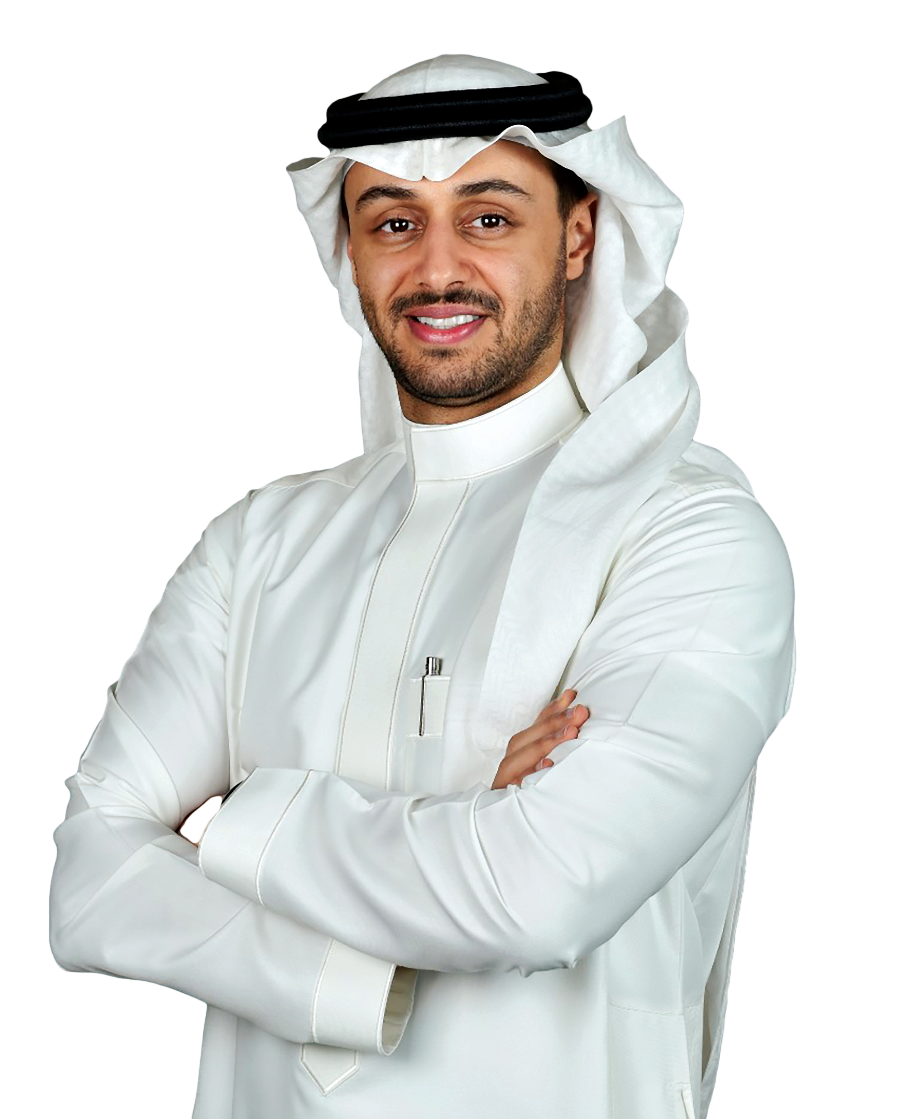RIYADH: As part of its five-year plan, Almana Group of Hospitals, one of the oldest and largest medical groups in Saudi Arabia, is set to expand its network of hospitals, its CEO told Arab News in an exclusive interview.
Being the first private medical center established in the Eastern Province, the group’s initial focus will be on exploring opportunities for a new hospital outside of the eastern region within the next few years with the view to expanding into other areas following that, Mana Almana informed.
“We are strongly aligned with the vision of our great leaders and stand ready to support the government to build capacity within the sector due to our expanding facilities and offerings tailored to the evolving needs of our communities,” he said.
Almana added: “We recognize that to meet the future needs of the medical sector, we need to partner with world-renowned healthcare institutions to help us accelerate and further develop the Kingdom’s healthcare system.”
Not surprisingly, the group is also seeking to partner with the Ministry of Health under public-private partnerships to deliver advanced and specialist services.
As the only dedicated oncology unit in eastern Saudi Arabia, the group has recently expanded its specialists department in Dammam to cater to cancer patients’ mounting needs in the region.

CEO Mana Almana. (Supplied)
“When it comes to oncology, Almana’s goal is to provide cancer patients with the highest international standard of care and cater to the growing need for cancer care in the Kingdom,” Almana said.
“As such, in addition to our existing seven hospitals and clinics, we decided to create a dedicated space where patients could receive individualized and tailored treatment within a centralized and fully-fledged unit.”
The new oncology center has been designed with the complexity of cancer in mind. By bringing the group’s 70 specialized oncologists under one roof, it can provide personalized treatments and precision fit for specific types of cancer.
The new unit will include four new clinics specializing in medical oncology, radiation and surgical oncology in addition to four chemotherapy treatment rooms.
“Besides providing exceptional treatment for patients, we also focus our efforts on preventive cancer care measures,” Almana explained.
“Our efforts include free year-round breast-cancer screenings at all branches of Almana hospitals in Dammam, Alkhobar, Ahsa, Jubail and Rakah,” he continued. “Over the years, our free screening has touched the lives of over 10,000 patients, potentially helping to save even more lives.”
In line with the ambition of Saudi Vision 2030 to unify patient care records and improve health information exchange, the group is investing heavily in technology within its hospitals to ensure all services will be automated while providing seamless service for its patients.
“We are also establishing a new central command center to improve patient outcomes by coordinating care between our hospital locations,” Almana informed.
“As a group of hospitals, we continuously foster a culture of innovation to create value in areas of high unmet medical need across the Kingdom. For example, we’ve created unique offerings where they currently don’t exist such as our foot disease and diabetes center, the only one in the region,” he continued.
In addition, the group is also taking several steps to train and recruit medical professionals.
“We also share the ambition of Saudi Vision 2030 to increase the number of females within the workforce,” Almana said. “Already, we have females leading our medical departments and are looking to increase this even further by 20 percent over the next five years.”
“Over the last 10 years, we’ve also helped develop the next generation of doctors and nurses in the Kingdom through our official healthcare training academy, Mohammed Almana College for Medical Science, which contributes to over 180 Saudi graduate nurses each year,” he pointed out.
















